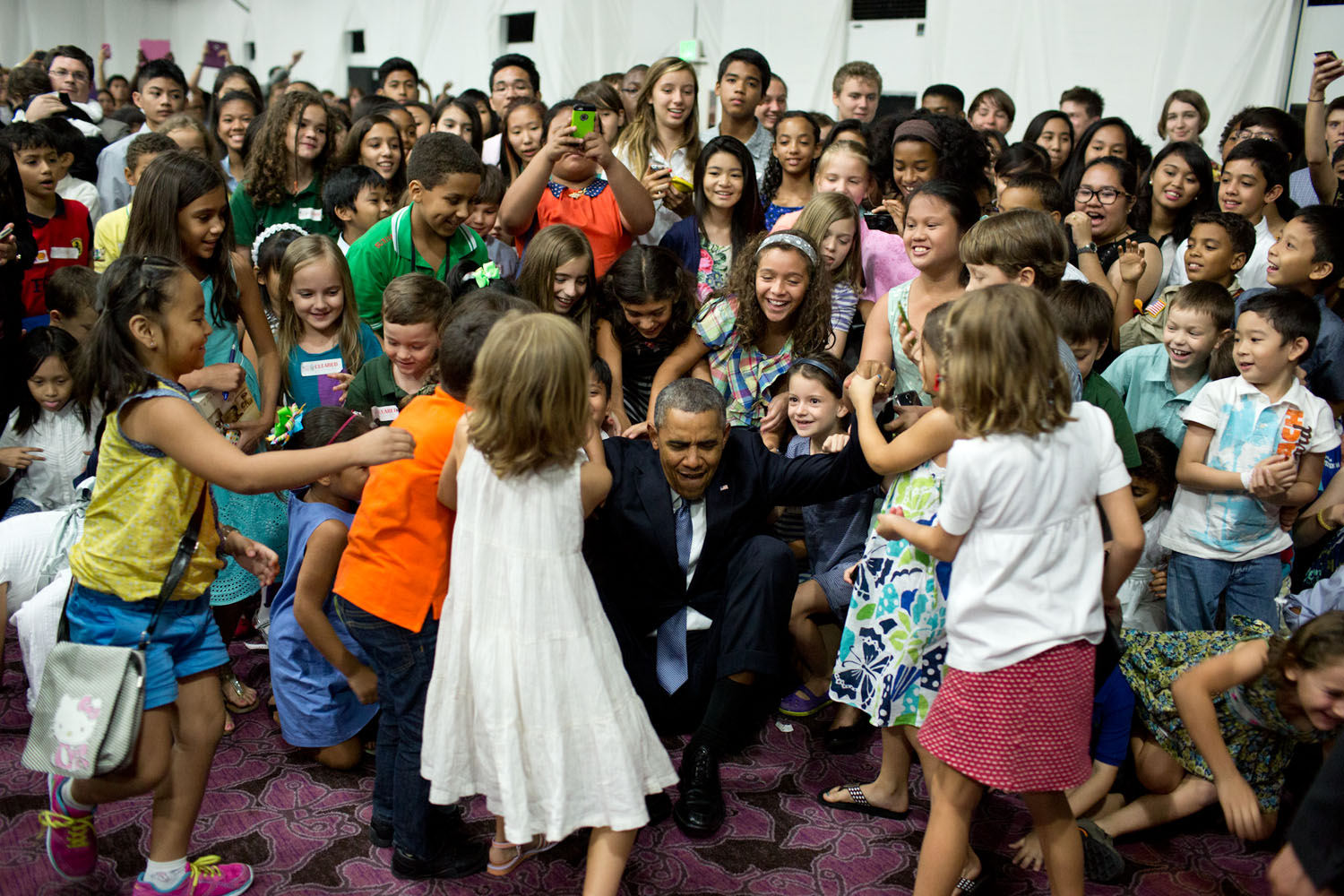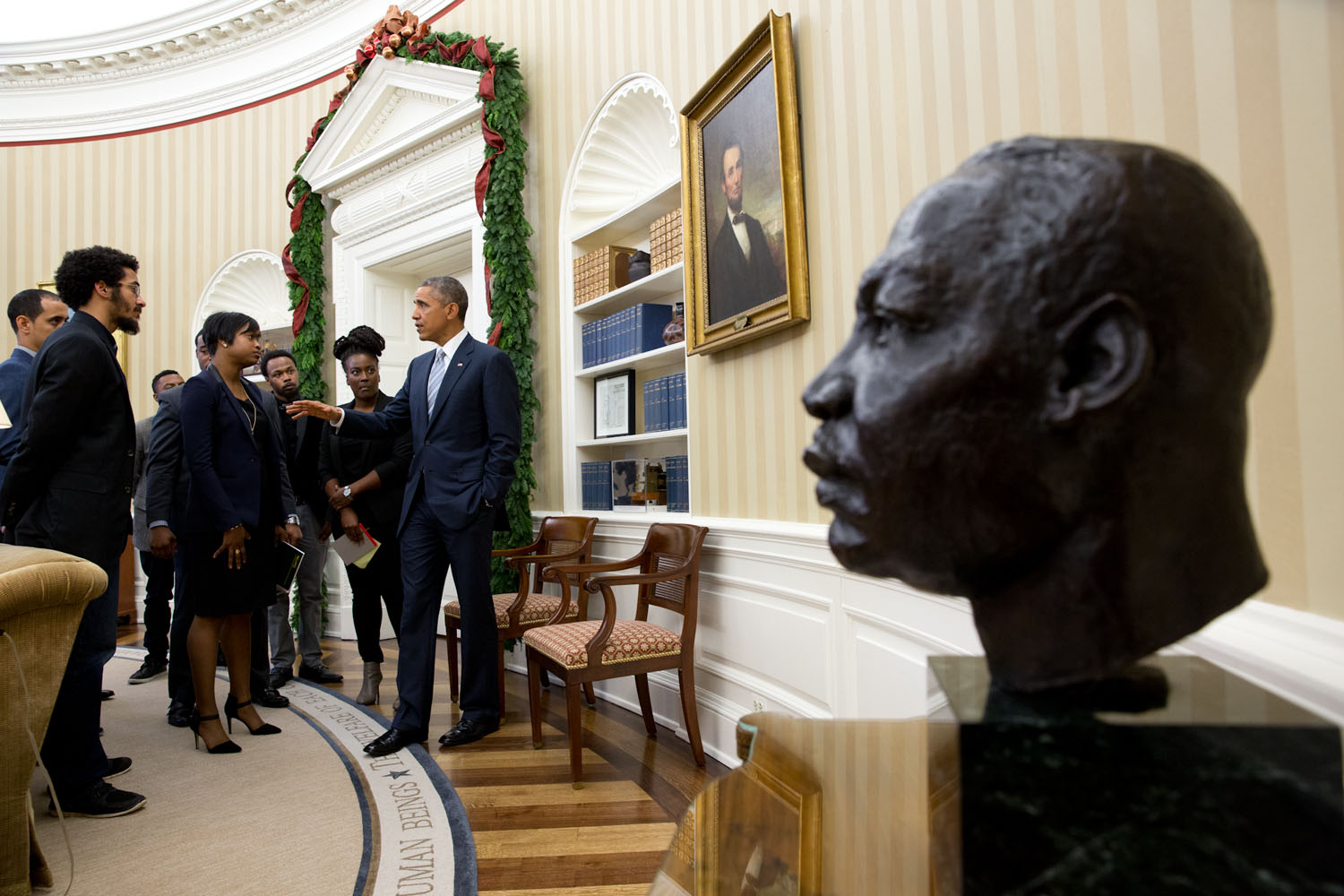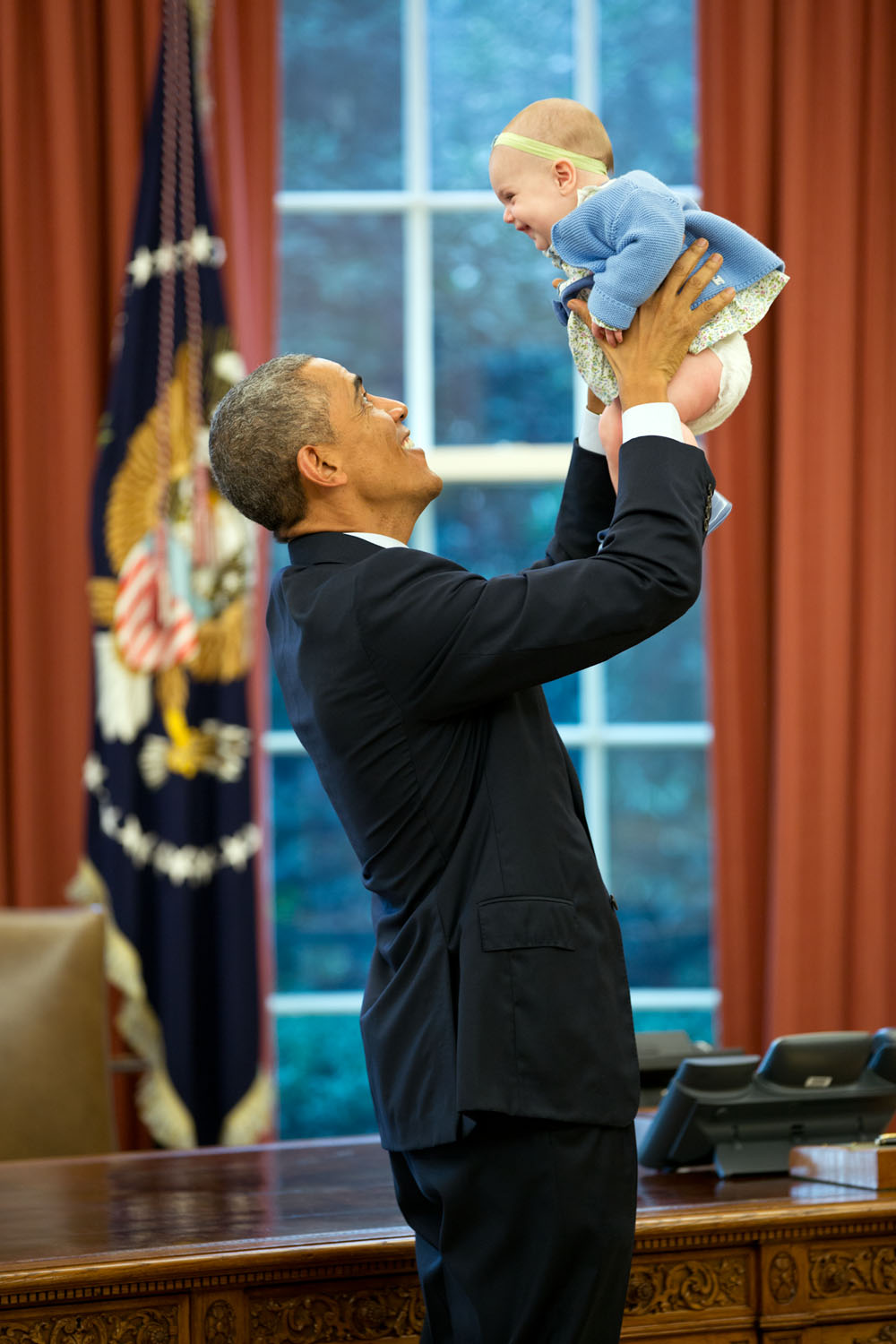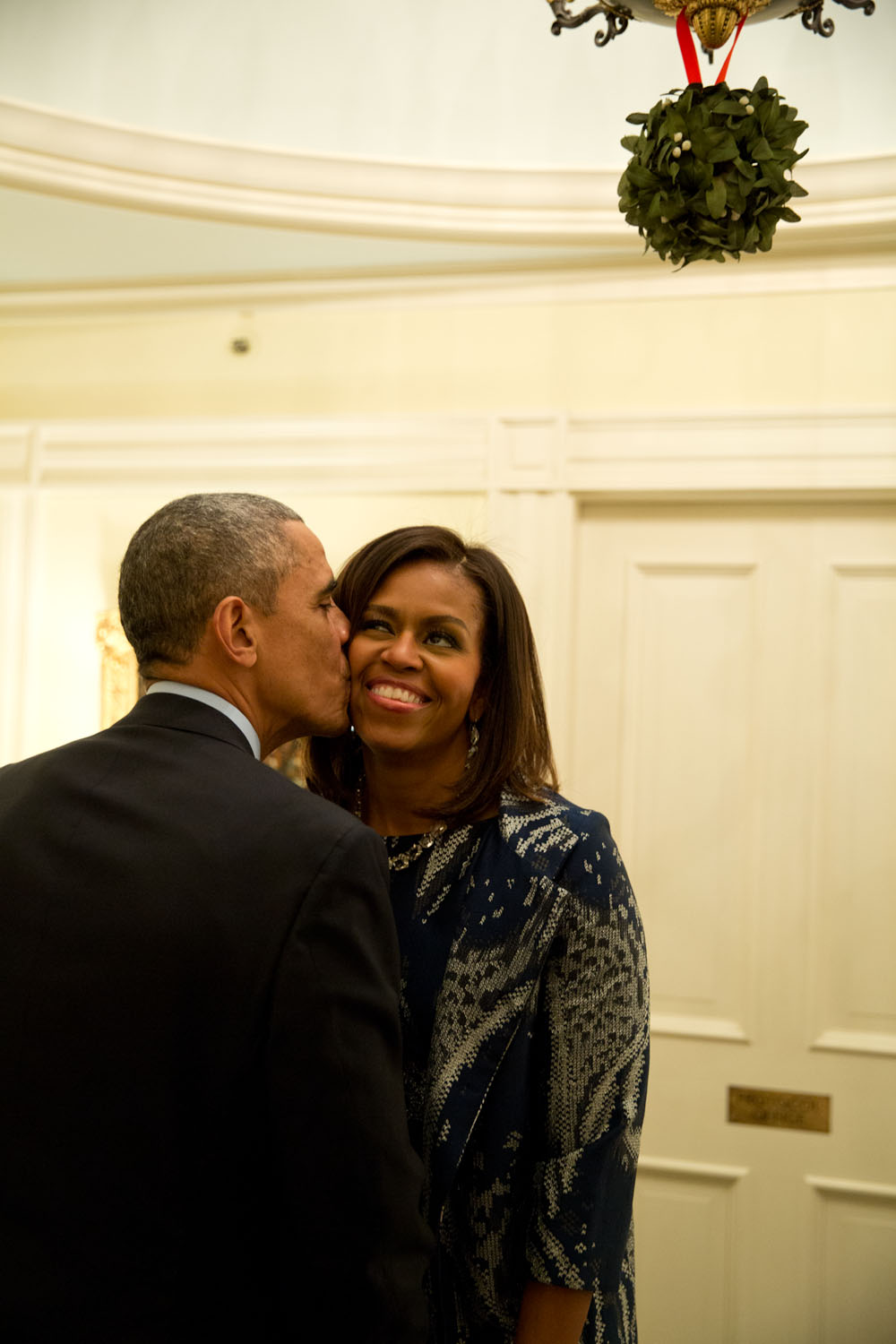https://obamawhitehouse.archives.gov/photos-and-video/2014-photos
Tuesday, December 30, 2014
President Obama's White House Photos, 2014
https://obamawhitehouse.archives.gov/photos-and-video/2014-photos
Wednesday, December 10, 2014
Though Luke Somers died, jihadists know they are targets if they kidnap Americans
A Noble Rescue Attempt. WSJ Editorial
Though Luke Somers died, jihadists know they are targets if they kidnap Americans.
http://www.wsj.com/articles/a-noble-rescue-attempt-1417991769
WSJ, Dec. 7, 2014 5:36 p.m. ET
Condolences to the family of Luke Somers, the kidnapped American journalist who was murdered Saturday during a rescue attempt by U.S. special forces in Yemen. His death is a moment for sadness and anger, but also for pride in the rescue team and praise for the Obama Administration for ordering the attempt.According to the Journal’s account based on military and Administration sources, some 40 special forces flew to a remote part of Yemen, marching five miles to escape detection, but lost the element of surprise about 100 yards from the jihadist hideout. One of the terrorists was observed by drone surveillance to enter a building where it is believed he shot Somers and a South African hostage, Pierre Korkie. The special forces carried the wounded men out by helicopter, but one died on route and the other aboard a Navy ship.
There is no blame for failing to save Somers, whose al Qaeda captors had released a video on Thursday vowing to kill him in 72 hours if the U.S. did not meet unspecified demands. The jihadists were no doubt on high alert after special forces conducted a rescue attempt in late November at a hillside cave. The commandos rescued eight people, mostly Yemenis, but Somers had been moved.
It’s a tribute to the skill of U.S. special forces that these high-risk missions against a dangerous enemy don’t fail more often. But given good intelligence and a reasonable chance to save Somers, the fault would have been not to try for fear of failure or political blame.
The reality is that most American and British citizens captured by jihadists are now likely to be murdered as a terrorist statement. This isn’t always true for citizens of other countries that pay ransom. But the U.S. and U.K. rightly refuse on grounds that the payments give incentive for more kidnappings while enriching the terrorists.
Jihadists don’t distinguish between civilians and soldiers, or among journalists, clergy, doctors or aid workers. They are waging what they think is a struggle to the death against other religious faiths and the West. Their goal is to kill for political control and their brand of Islam.
The murders are likely to increase as the U.S. fight against Islamic State intensifies. The jihadists know from experience that they can’t win a direct military confrontation, so their goal is to weaken the resolve of democracies at home. Imposing casualties on innocent Americans abroad and attacking the homeland are part of their military strategy.
They don’t seem to realize that such brutality often backfires, reinforcing U.S. public resolve, as even Osama bin Laden understood judging by his intercepted communications. But Americans need to realize that there are no safe havens in this long war. Everyone is a potential target.
So we are entering an era when the U.S. will have to undertake more such rescues of Americans kidnapped overseas. The results will be mixed, but even failed attempts will send a message to jihadists that capturing Americans will make them targets—and that there is no place in the world they can’t be found and killed.
It’s a tragedy that fanatical Islamists have made the world so dangerous, but Americans should be proud of a country that has men and women willing to risk their own lives to leave no American behind.
Subscribe to:
Posts (Atom)







